
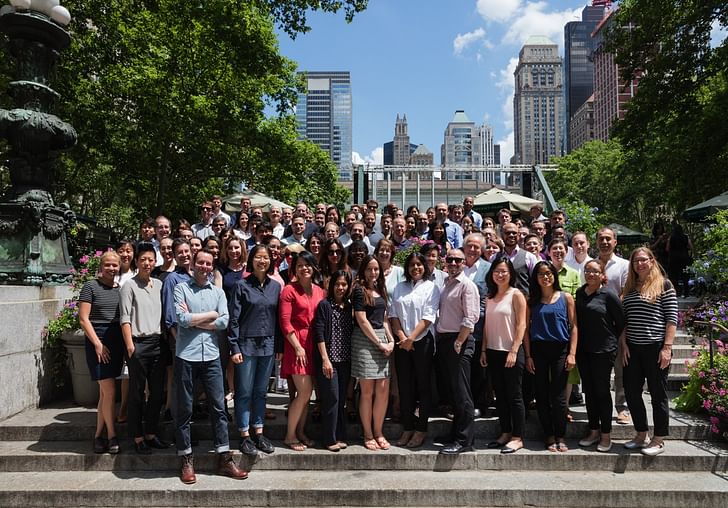
The search for employment is unpredictable and demands unrelenting patience. When you're at your wit's end, it can be tempting to send the same exact resume to what feels like the same job ad over and over again. However, no two firms are identical. Possessing certain technical skills are required across the industry, but there are particular qualities and red flags that a firm won't always simply list on their job ad. In Archinect's “How To Get A Job At ____”, we asked some architecture firms how candidates can stand out from the crowd when applying to their practice.
Since its founding in 1964, Dattner Architects has dedicated their practice to well-rounded civic engagement in the urban environment. Based in New York City, the practice gets to see many of their projects come to life around town, including the Manhattan Districts 1/2/5 Garage, schools like the New Settlement Community Campus in the Bronx (which the firm designed with Edelman Sultan Knox Wood Architects), renovations for public libraries and healthcare facilities, urban redevelopment plans, transit stations, and housing.
With over 50 years of experience, Dattner Architects continues to grow. When applying for a job at the firm, what should potential hires be prepared to discuss if they land an interview? Mary Beth Lardaro, Human Resources Manager at Dattner Architects, took a moment with Archinect to share.
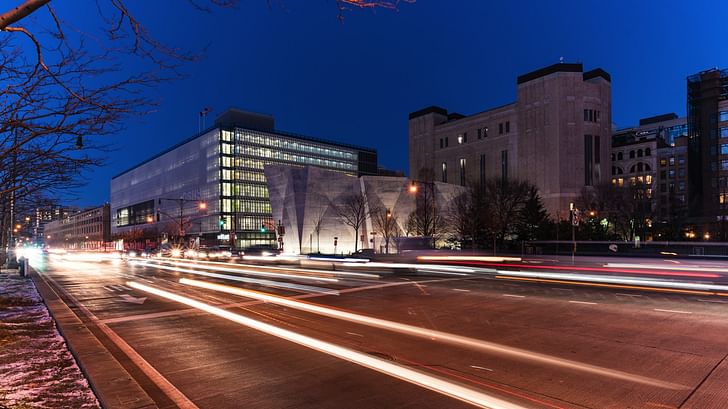
1. What positions are most in-demand at your firm?
Intermediate level designers/architects with 3 – 5 years of experience, and Project Architects with 6 – 10 years of experience are consistently in high demand.
2. What are the three most important qualities for any new hire to have at your firm?
A great attitude (including flexibility and a willingness to challenge yourself), a passion for architecture that serves people and our environment, and the ability to work well and constructively within a team.
3. What information do you expect potential candidates to know about your firm's practice and work?
We expect them to know that our work covers a diverse range of typologies, that we’re committed to the urban environment and our impact on it, and that our foundation is civic architecture. We like to see that candidates have done a little homework prior to applying / interviewing, as it leads to more meaningful conversations. We want people who want to work with Dattner Architects because of the work that we do and the way in which we choose to practice, so they should be somewhat familiar with that beforehand.
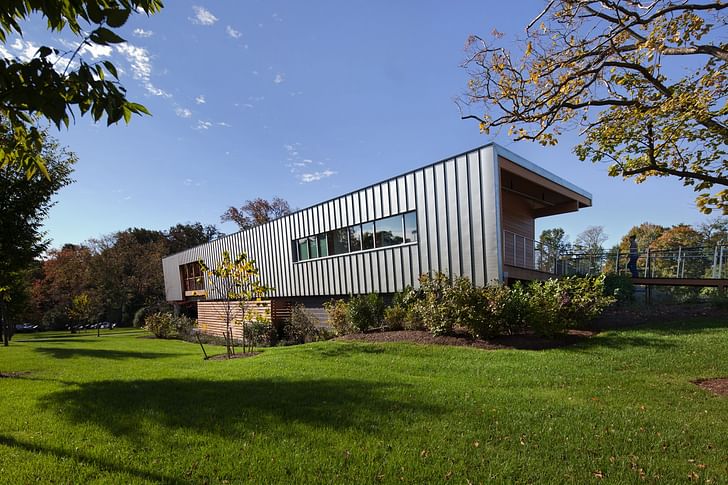
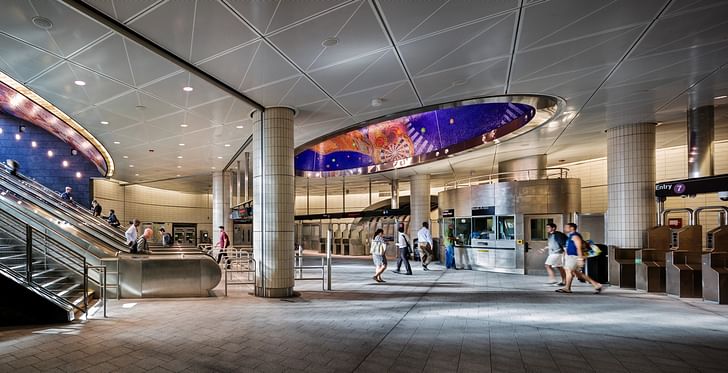
4. After reviewing their CV, what are you looking to learn about an applicant from an interview?
Through the interview process we’re looking to gain insight into what contributions people have made to their projects. If an applicant includes a project in their portfolio we expect that they’ll be able to give us a thorough overview of it – including technical details and design decisions. If it’s a team project, we want to understand the breakdown of project responsibilities on the team, and what our candidate actually did.
If an applicant includes a project in their portfolio we expect that they’ll be able to give us a thorough overview of it – including technical details and design decisions.
We also like to hear about how candidates work independently, as we believe it’s important to be flexible and capable – both as a member of a team, and as an individual. We want to hear what excites people about architecture, and where they’re looking to go in their careers. Part of what we’re doing in interviews is assessing culture fit – between our firm and the people who work here – so it’s extremely important for us to get to know who our candidates are and the many ways in which they’ll contribute – both on a project team, and to our firm overall.
5. What do you say is the best thing about working for your firm? What is the most challenging thing?
The best thing is certainly the opportunities available here – in terms of professional development, career advancement, the access to a variety of project types and scales, and that most of our projects are here in NYC. The most challenging – and I think the most challenging in architecture in general – is the project deadlines.
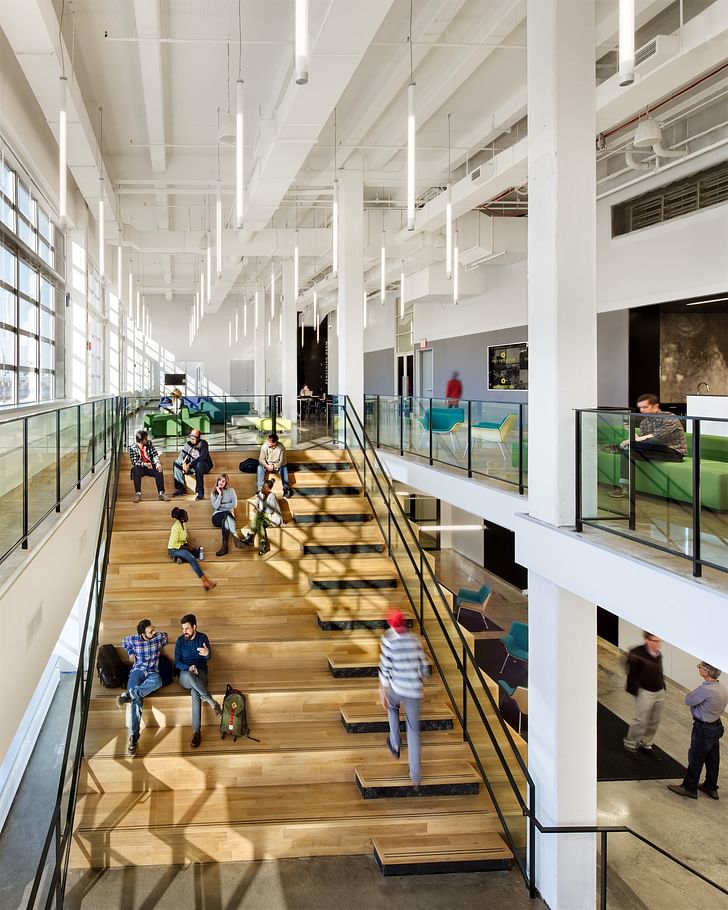
6. What are some immediate “red flags” for you in applications?
Typos, not following our application instructions, resumes in Word format, or application packages that are not well designed – those are things that are hard to look past. We receive a lot of applications, so it’s important that you stand out by putting your best foot forward. Your resume, cover letter and portfolio are all we know about you – make sure it’s polished, and that it represents who you are as a professional.
7. What’s the most common mistake candidates make when applying to work with you?
Not doing the research to know if this is where they want to be. We want to meet and get to know applicants who are excited about working with us because of who we are and the work we do.
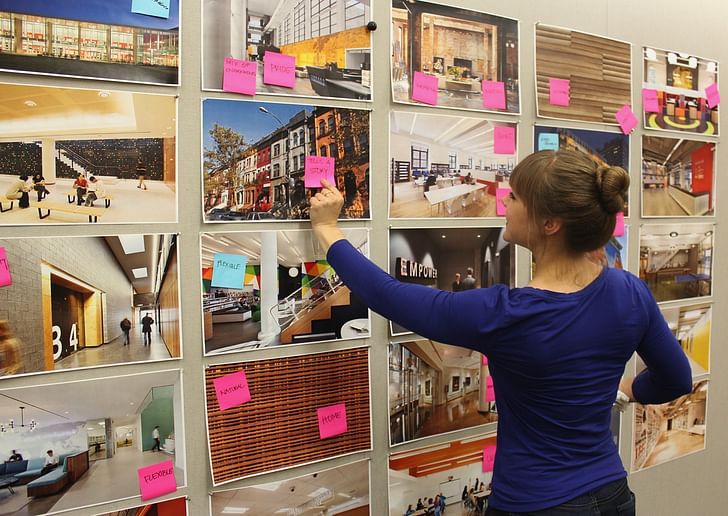
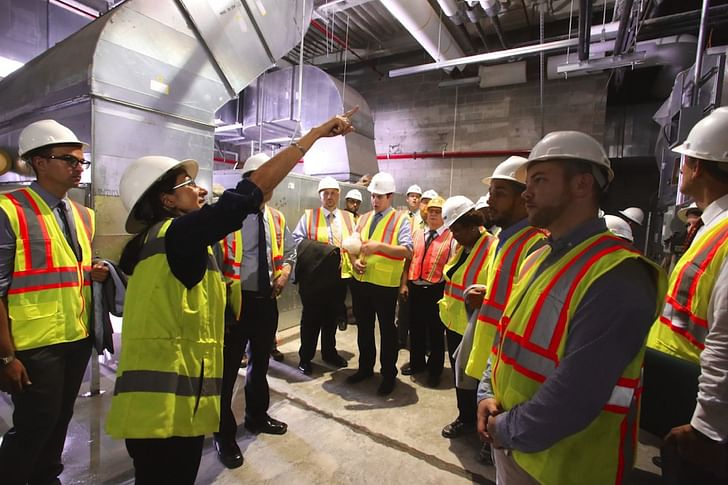
8. What kind of technical skills are absolutely essential for applicants?
For most positions – knowledge of NYC zoning and code, planning and programming, structural systems, and experience working in the typology or typologies listed in the job description. Software-wise – Revit, Adobe CS and the render program of your choice.
9. What kind of training do new hires undergo when they’re first starting?
Our orientation and onboarding process involves a review of benefits and policies, an opportunity to meet firm leaders, an office tour, an overview of firm Standards (including Revit) and a project team orientation – to get new hires up to speed on the status and phase of their first project.
10. Do you have an internship program? If so, briefly describe.
Yes – we have a program intended for recent graduates with 0 – 1 years of experience. We hire our entry-level designers for a one- year period. During that year they are full-fledged members of our firm, with all of our benefits. They join one of our three studios and work with several teams – which is a great way to get to know the firm. Following that year period, if possible, we graduate our entry-level employees to junior designers.
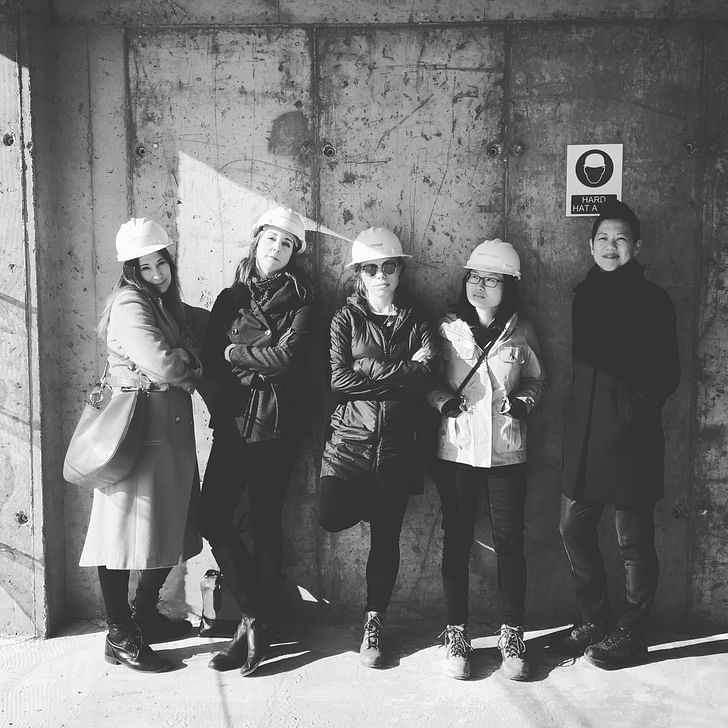
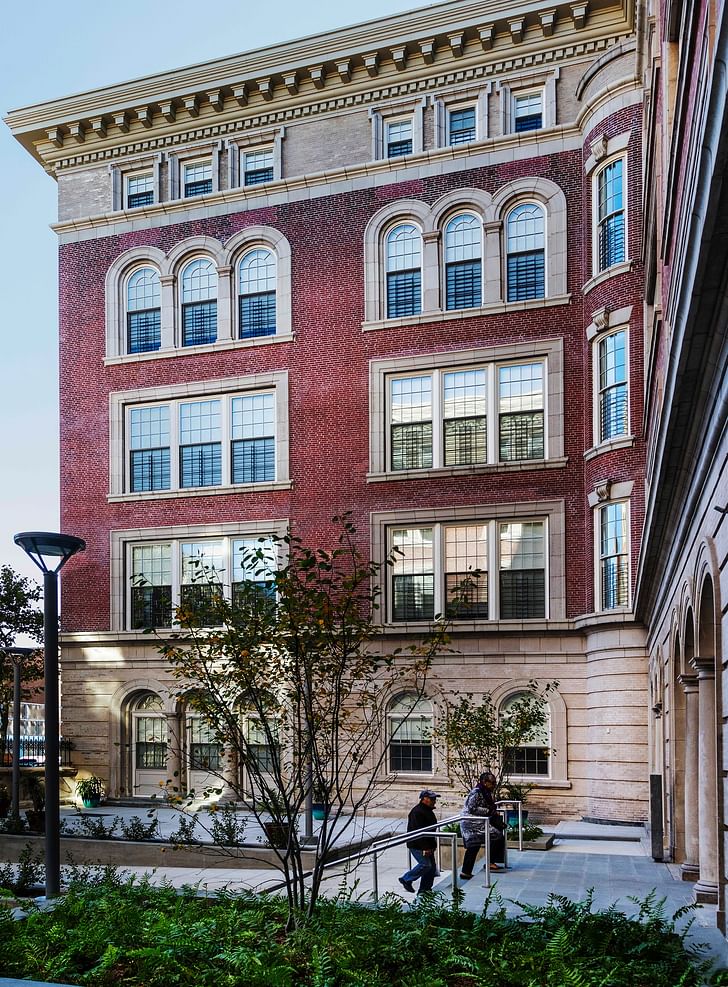
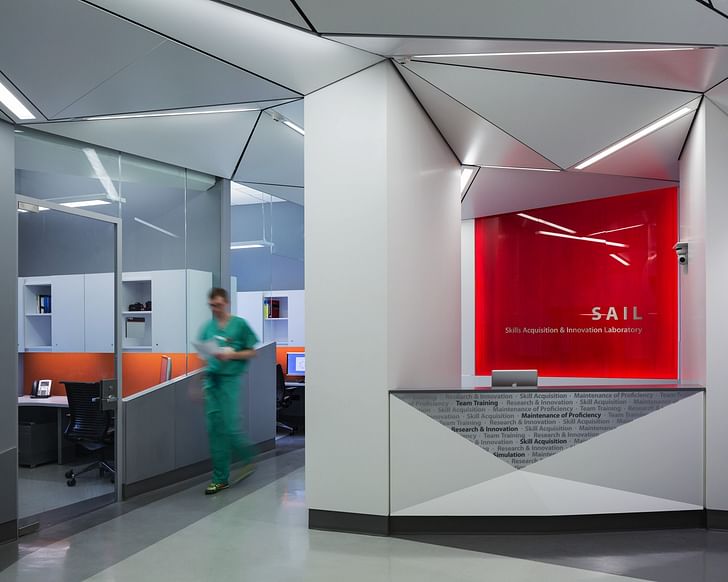
11. What are three words that your employees might use to describe your firm?
Urban-focused, mission-driven and growing
12. When interviewing, how do you describe your company ethos? What part of your working environment do you promote with potential candidates?
Engagement with our city, our clients, our communities, and each other is the Dattner Architects ethos. We maintain a vibrant working environment – one that nurtures learning and professional growth through mentorship and daily collaboration. We support and encourage licensure, and we host an array of in-house events. Some examples are – CA Happy Hour, an evening presentation program that gives our project teams the opportunity to share their experiences, challenges and successes with regards to construction administration; and Dattner Design Dialogues, a monthly meeting that focuses on design topics such as – the contemporary architecture of Mexico City, modular structure design, and the use of brick in architecture.
13. What additional social activities do you do as an office?
Beyond our internally developed professional development programs, which are great opportunities for in-office socializing, we have activities such as – employee art exhibits, our office soccer team, CANstruction design/build team, our annual Holiday Party, and a sailing crew for the Architects Regatta (which we won last year!) – to name a few.
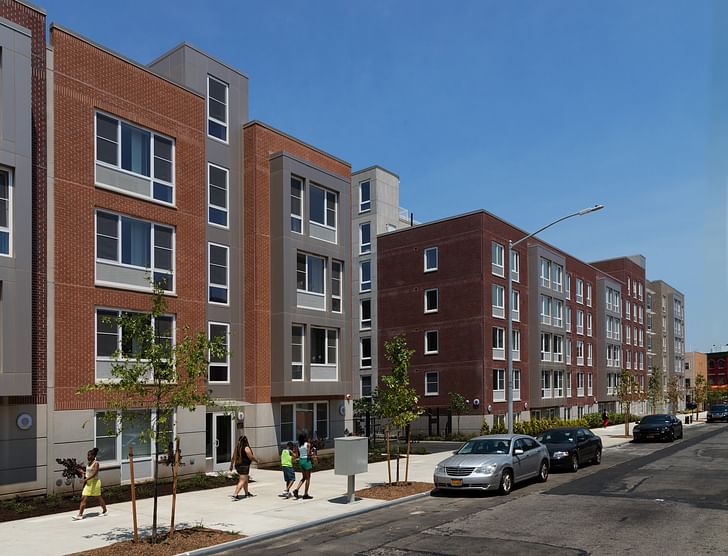
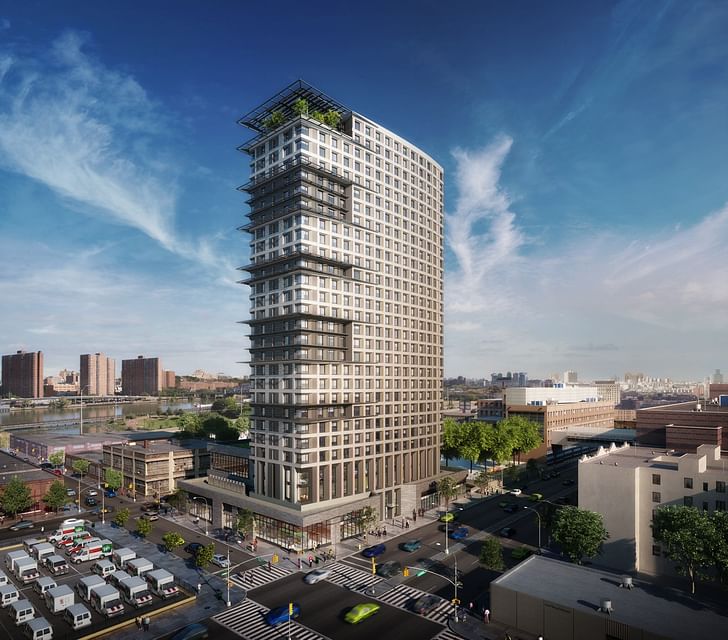
14. If a candidate had the choice between you and another firm, what argument would you use to win them over?
Our firm has a deep commitment to civic architecture and the urban environment, as well as a diverse and dynamic portfolio. The large majority of our projects are here in NYC, which affords ample opportunities to see our design work get built. In terms of culture, we foster diversity, community engagement, mentorship and live-work balance. Plus, we have over 50 years of experience behind us, so our future is supported by a rich history of contributions to the community.
15. Which areas of your firm are growing the fastest?
Multi-family housing, public work – including infrastructure and transportation, and healthcare.
16. How do you see your firm growing in the next five years?
I see a continuation of the great, diverse work we’re already doing, growth within the market sectors mentioned above, and new projects in neighboring cities such as Philadelphia or Boston.
Interested in joining Dattner Architects? Check out their Archinect profile to see if they have any current listings. To see more active listings from hundreds of firms, browse Archinect's Job Board.
No Comments
Block this user
Are you sure you want to block this user and hide all related comments throughout the site?
Archinect
This is your first comment on Archinect. Your comment will be visible once approved.